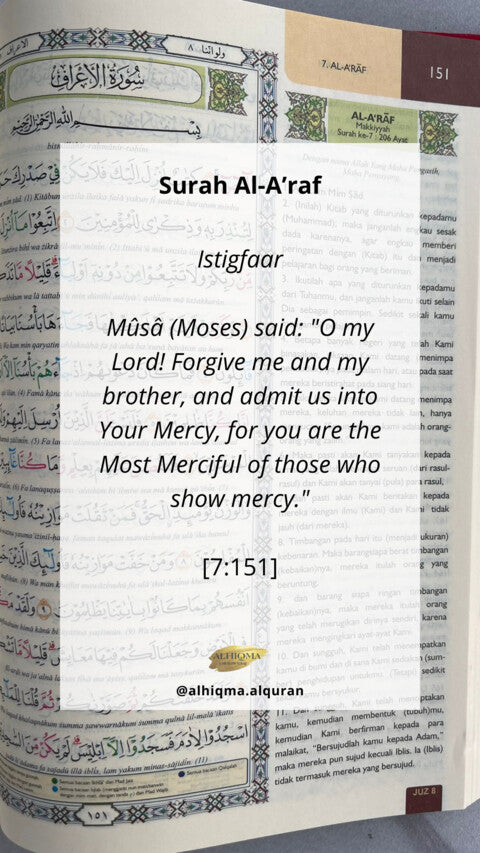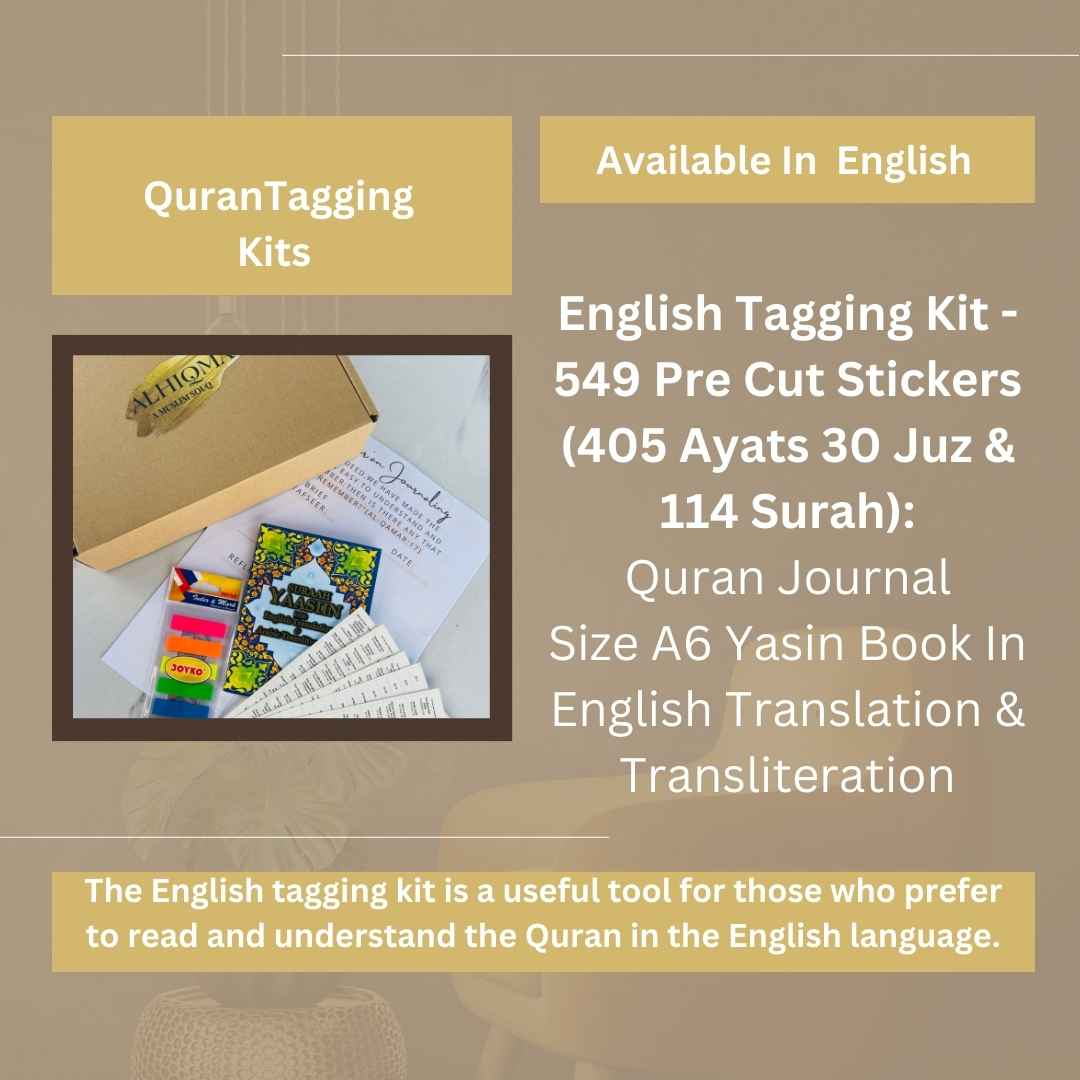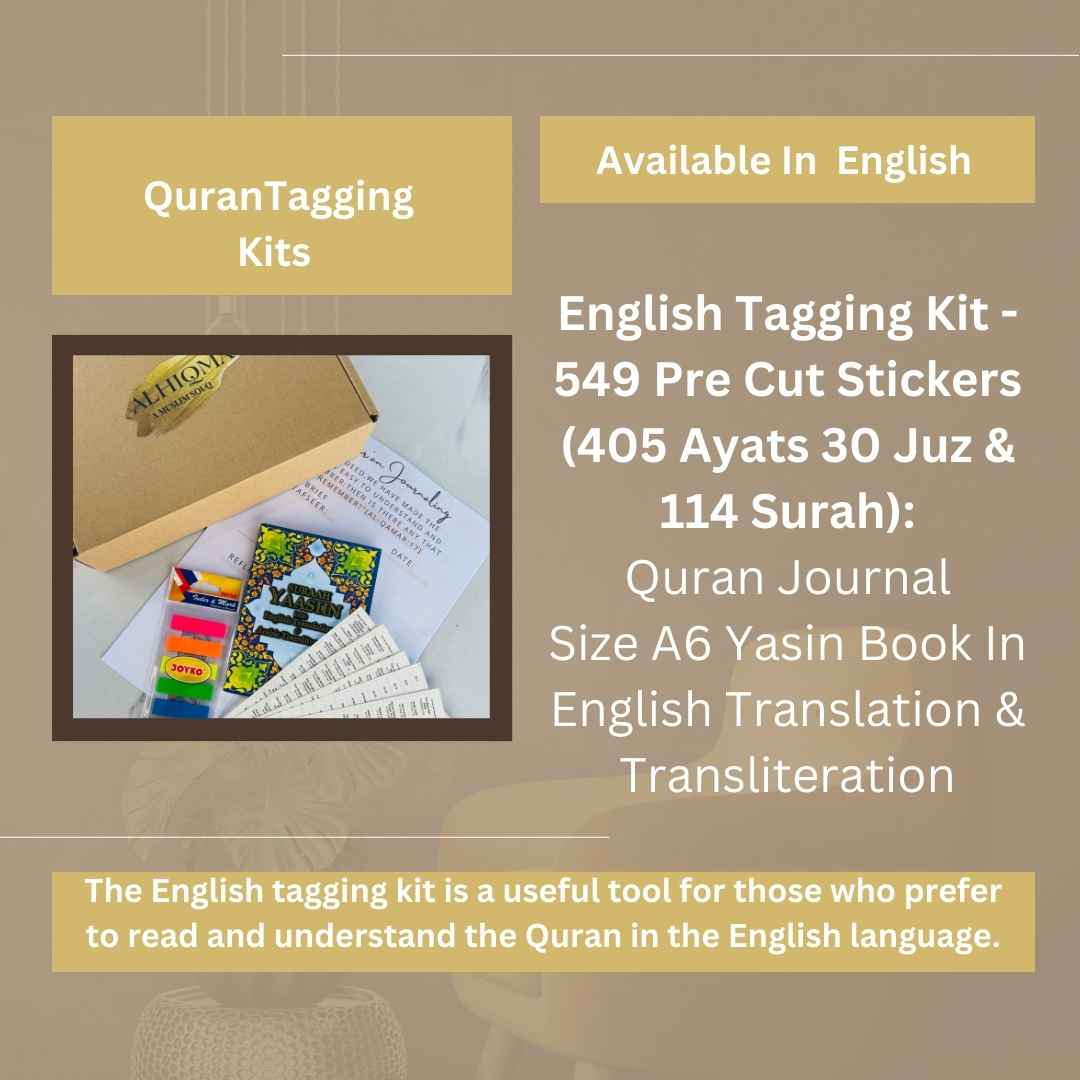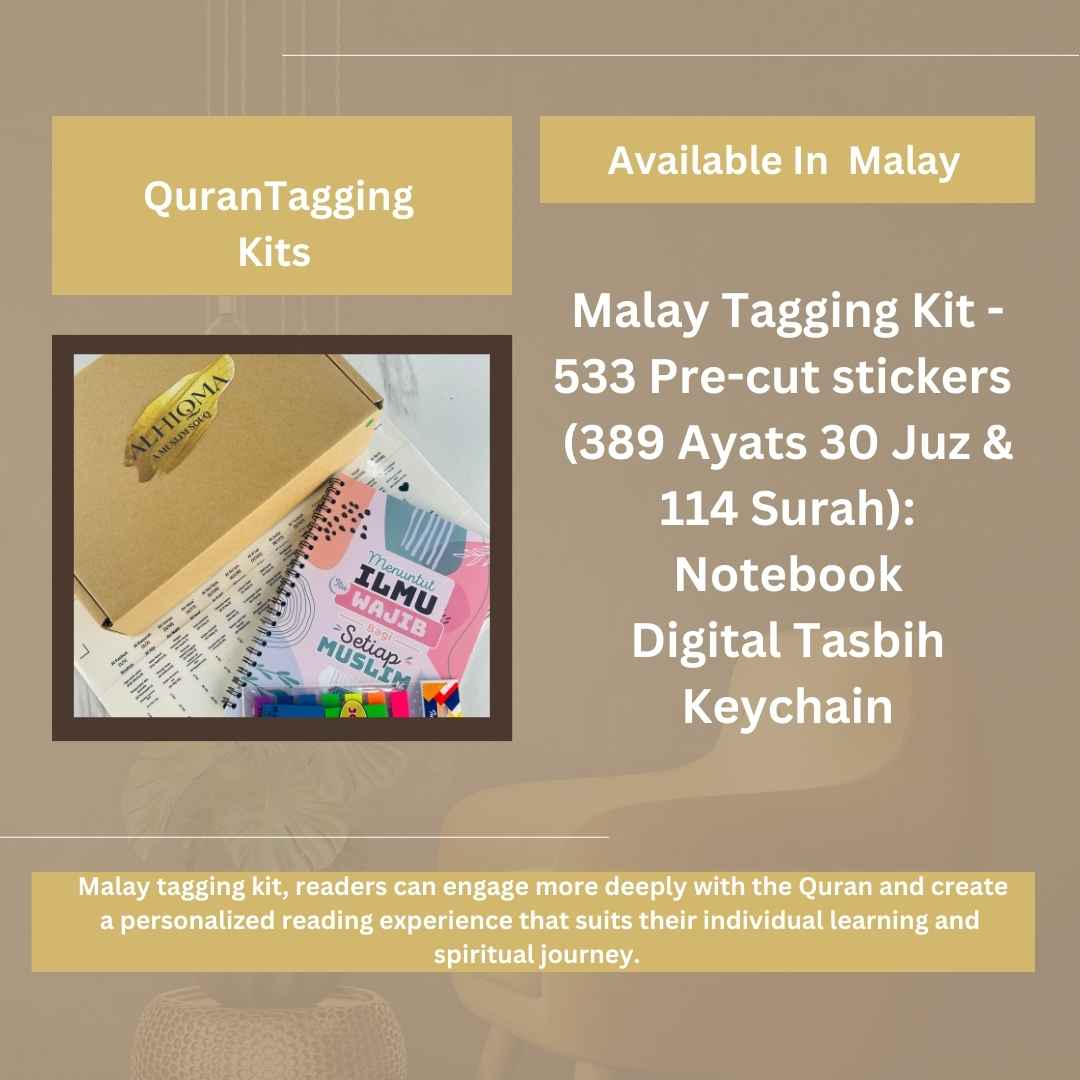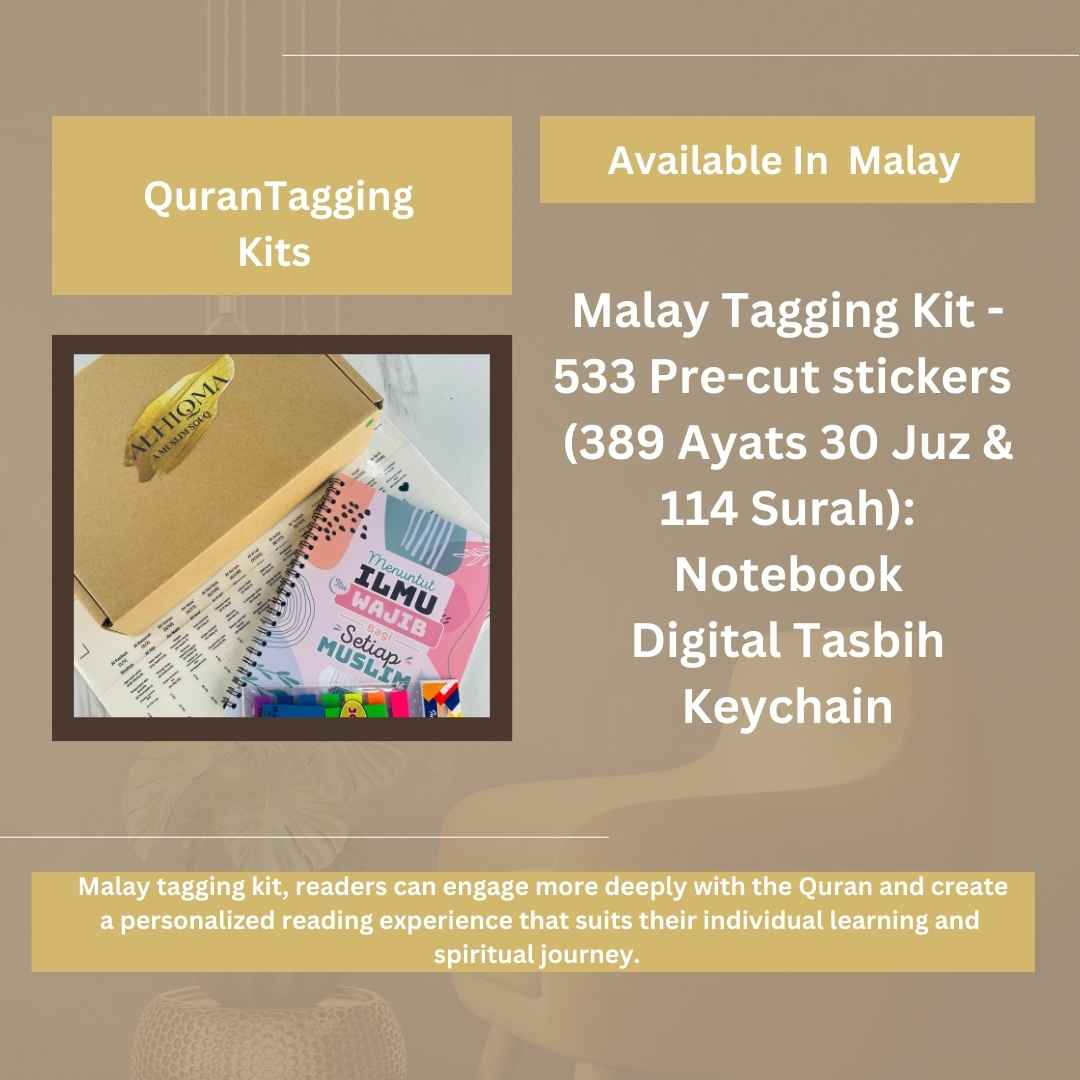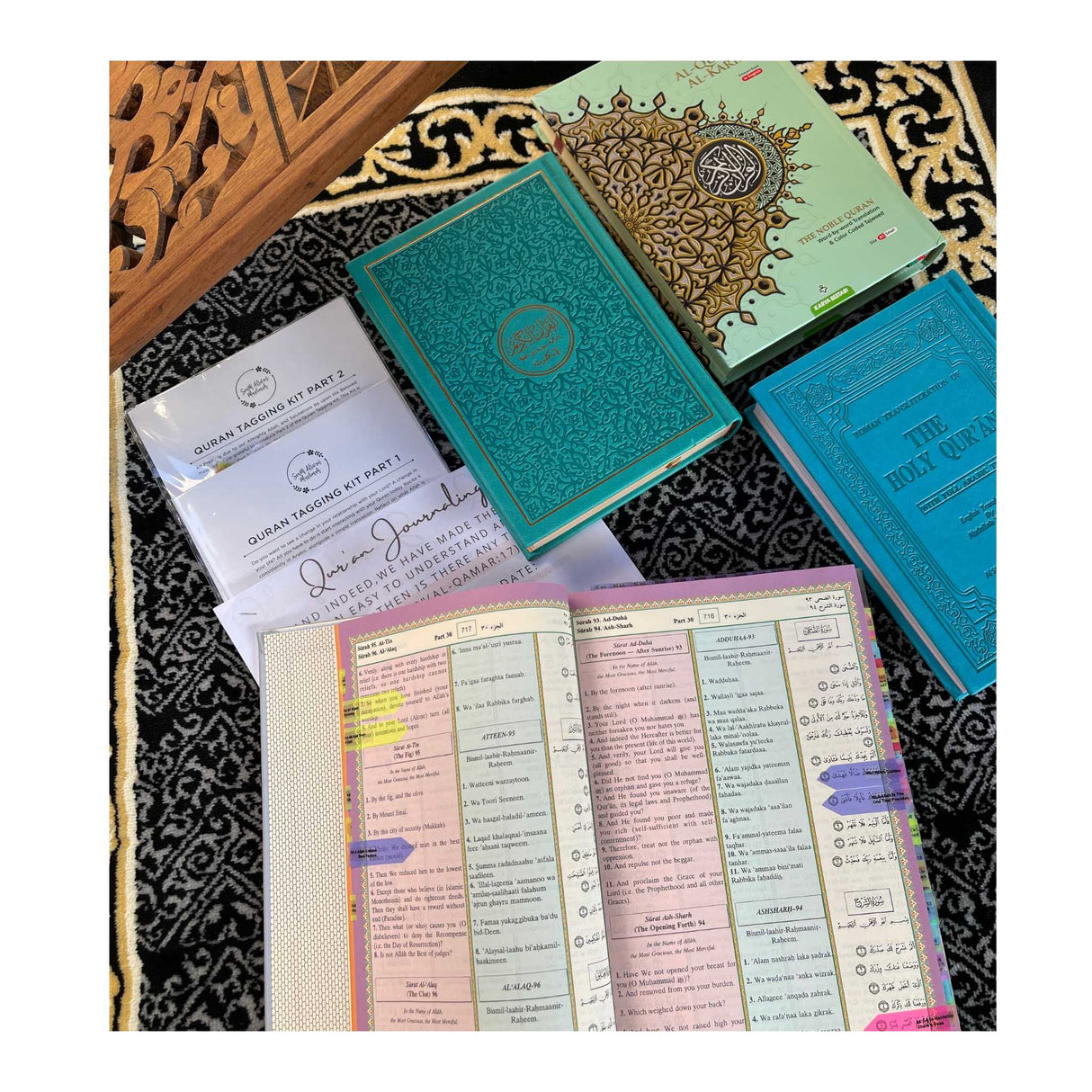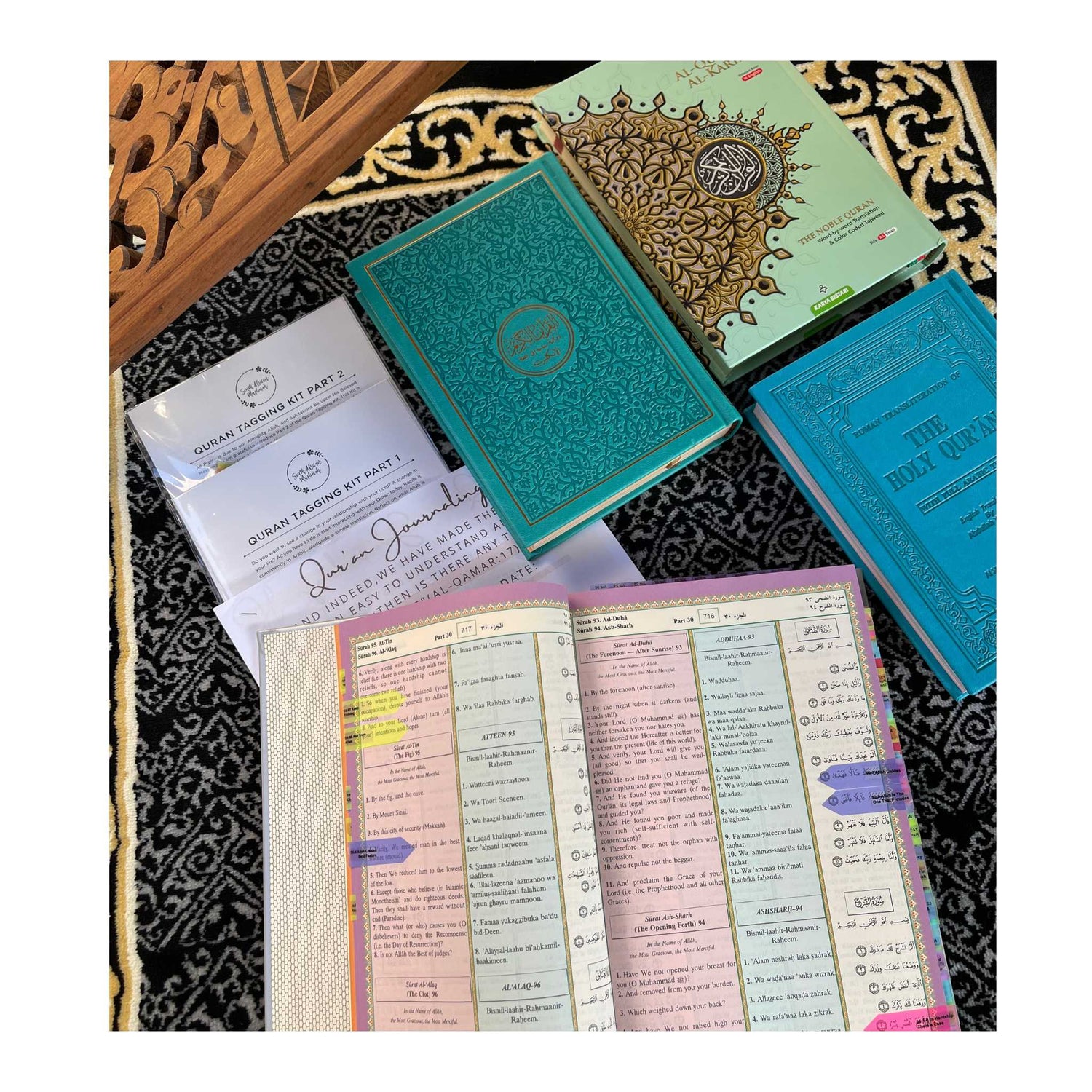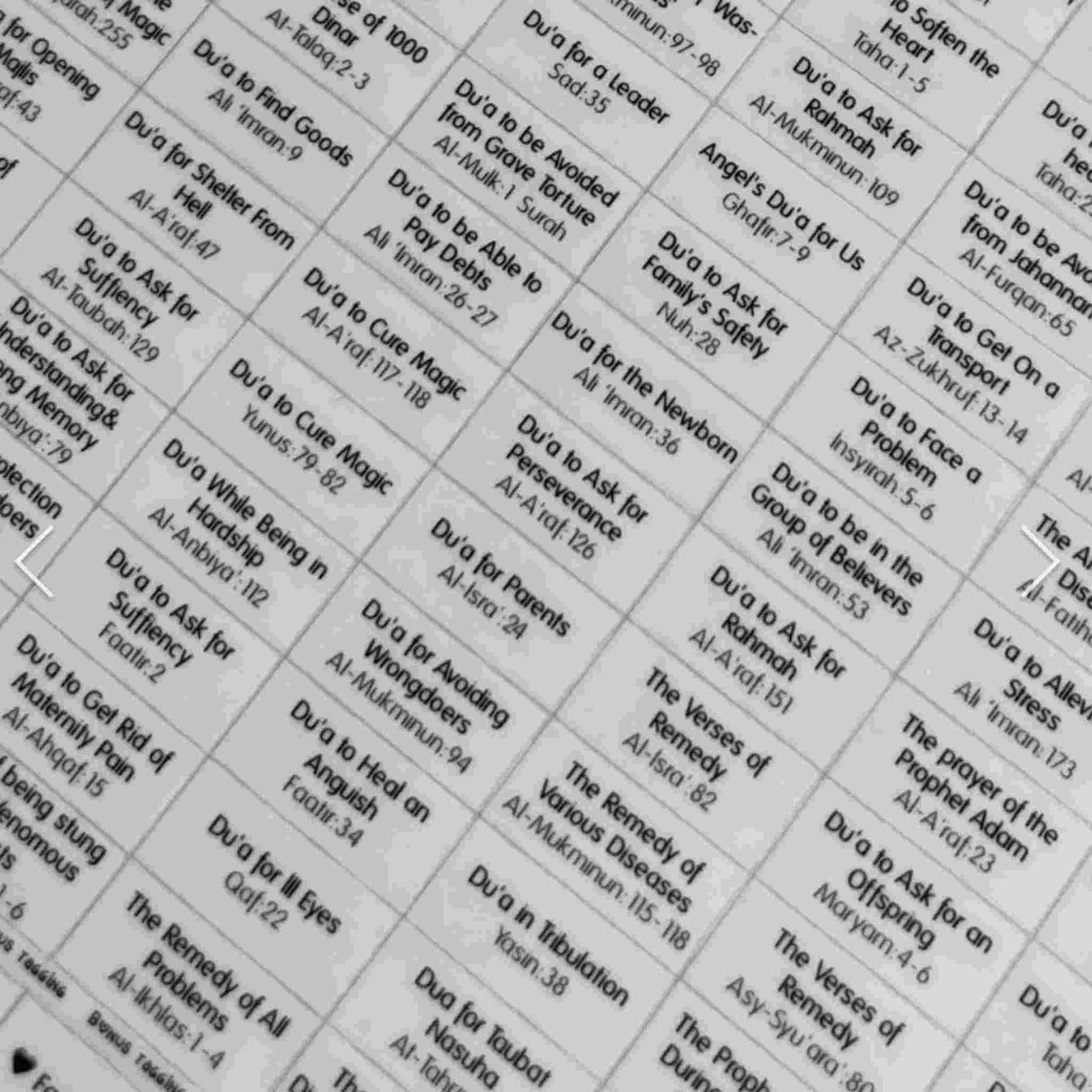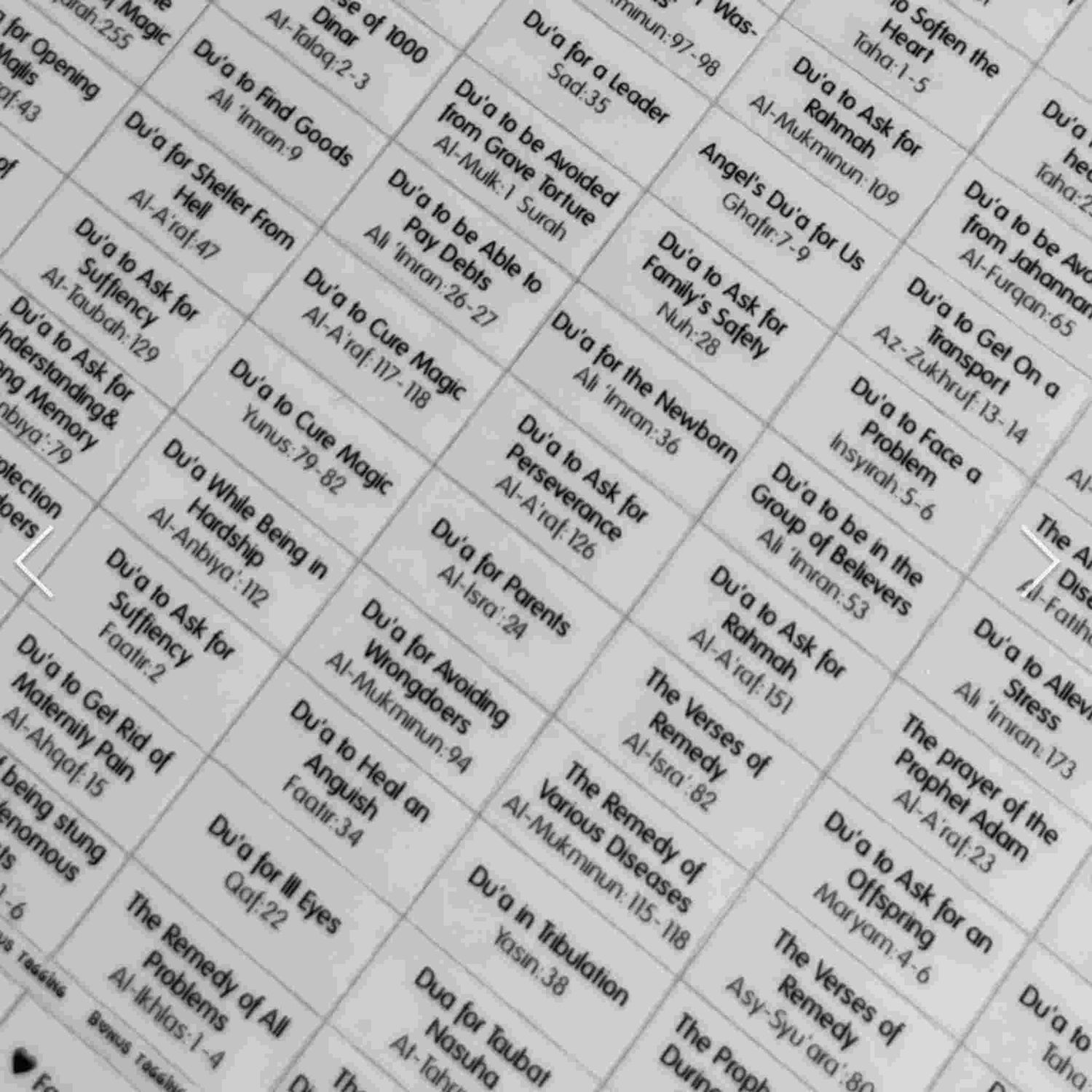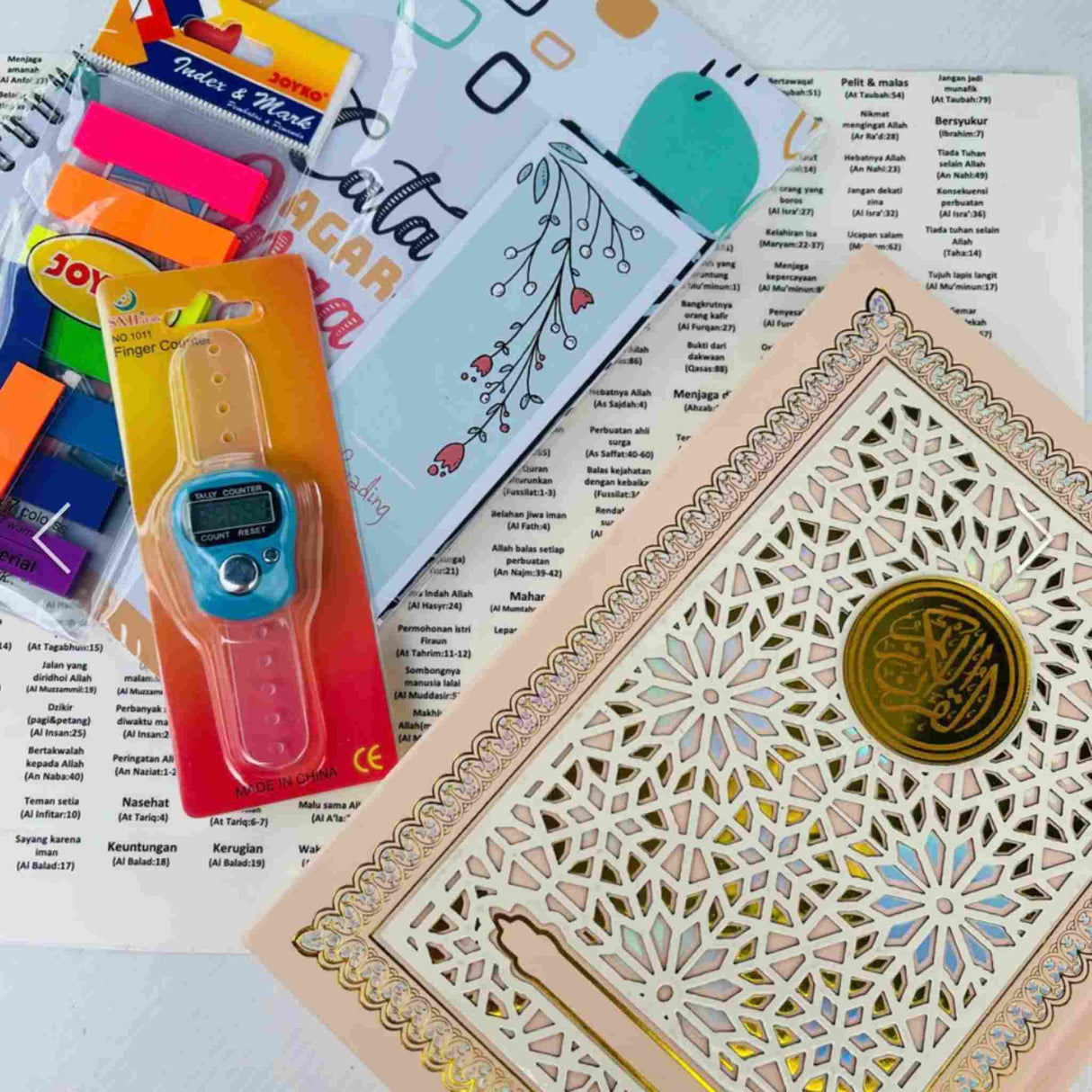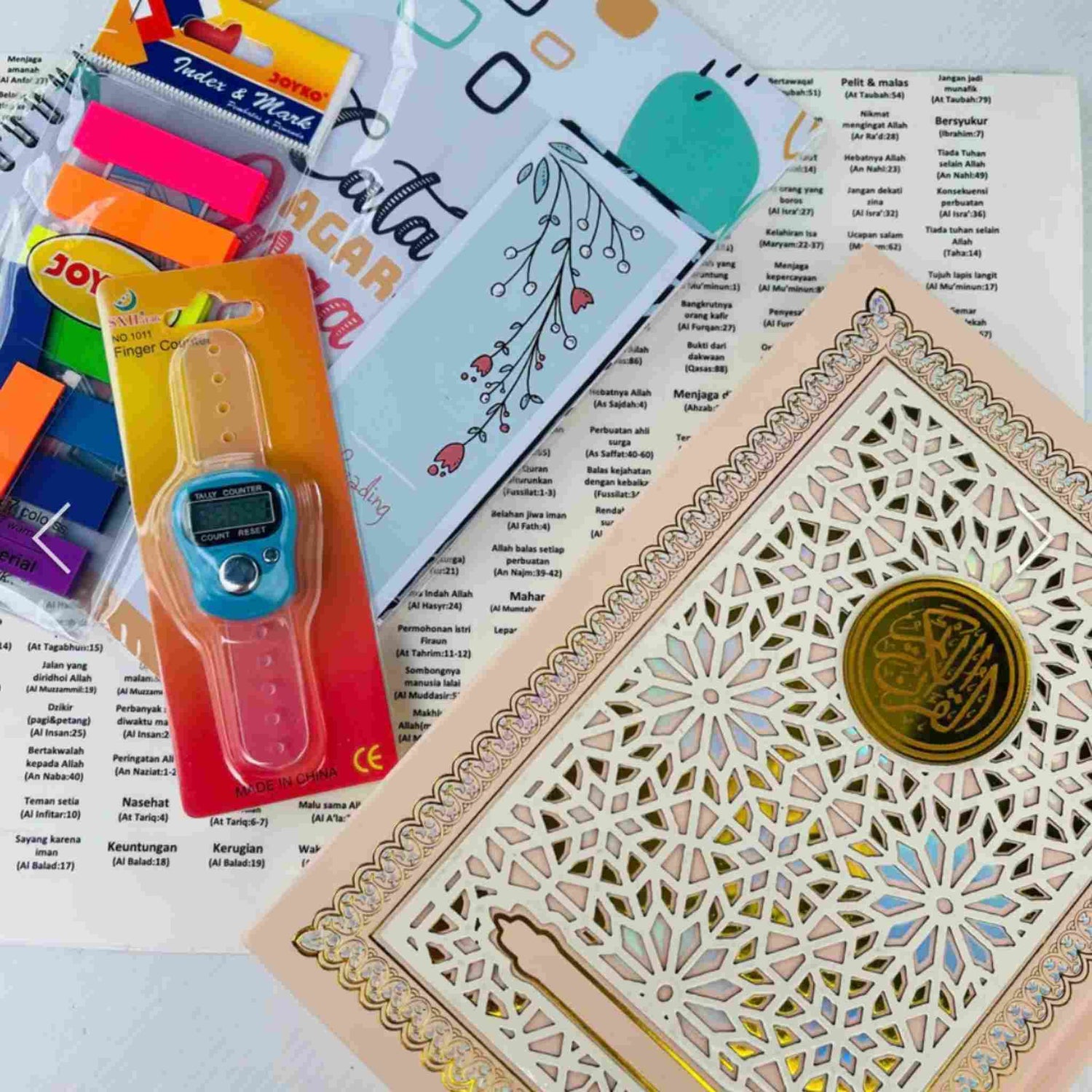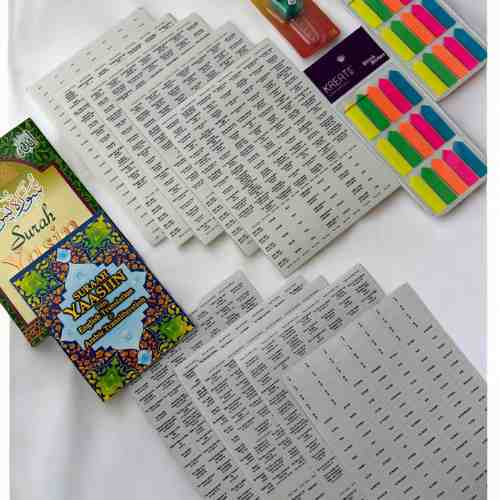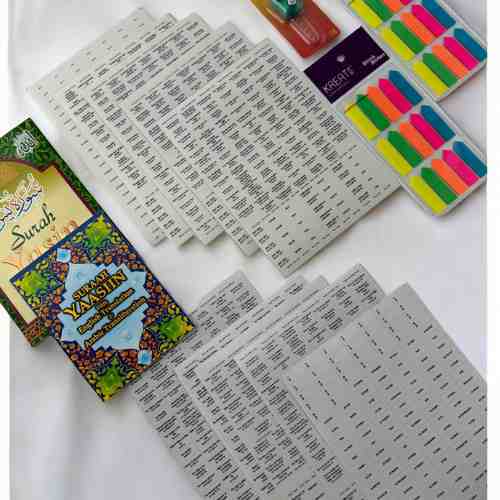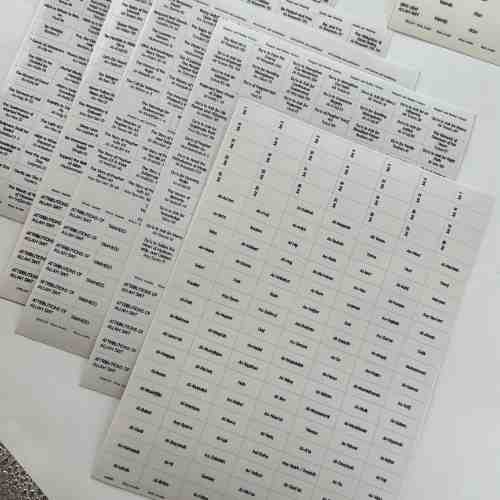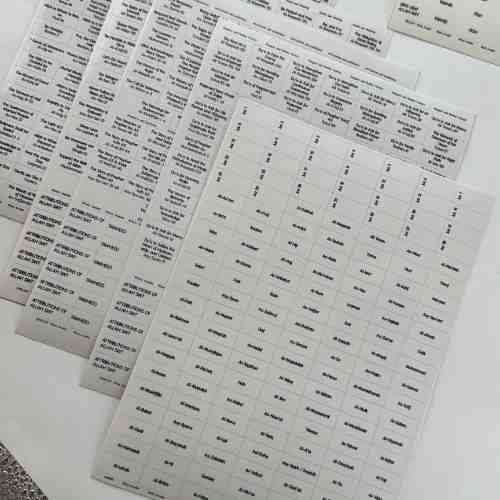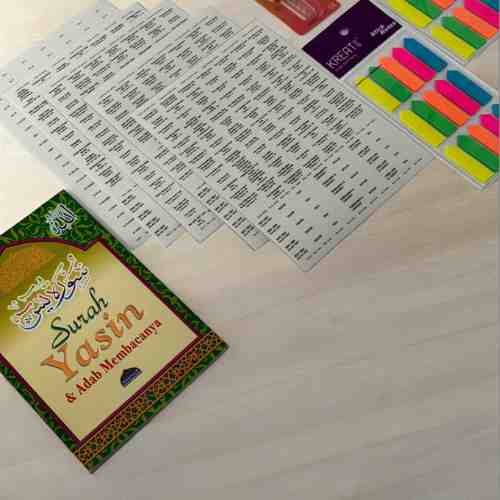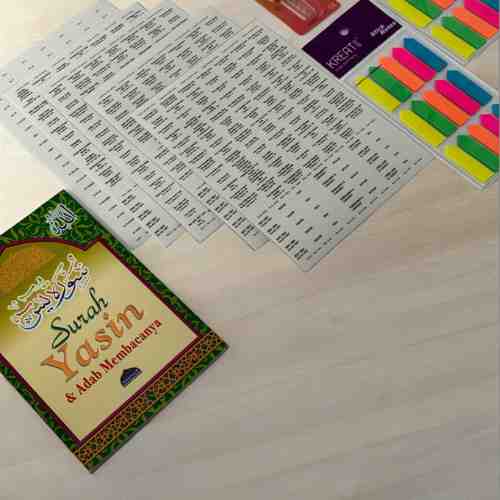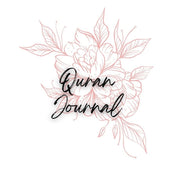Key Takeaways:
- Seeking Forgiveness: Prophet Musa asks Allah for forgiveness for both himself and his brother, highlighting the importance of seeking divine pardon.
- Brotherhood: The verse underscores the strong bond between Musa and his brother Harun, emphasizing the significance of family and support in faith.
- Divine Mercy: Musa not only seeks forgiveness but also prays for Allah’s mercy, recognizing that divine compassion encompasses all aspects of forgiveness and grace.
- Acknowledging Allah's Attribute: Musa affirms Allah’s attribute as "the Most Merciful of the merciful," emphasizing Allah's infinite mercy.
This Verse Means:
Arabic Text
وَقَالَ مُوسَىٰ رَبِّ اغْفِرْ لِي وَلِأَخِي وَأَدْخِلْنَا فِي رَحْمَتِكَ وَأَنتَ أَرْحَمُ الرَّاحِمِينَ
English Translation
"Moses prayed, 'My Lord! Forgive me and my brother! And admit us into Your mercy. You are the Most Merciful of the merciful.'"
This verse captures Prophet Musa's humble supplication after realizing his hasty judgment upon returning to find his people worshipping the golden calf. Musa seeks forgiveness for himself and his brother Harun, acknowledging the need for divine mercy and reaffirming Allah’s supreme compassion.
Quick Tips for Daily Life:
- Seek Forgiveness Regularly: Incorporate supplications for forgiveness in daily prayers, acknowledging personal faults and seeking Allah’s mercy.
- Support Your Siblings: Show compassion and support towards family members, helping each other maintain and strengthen faith.
- Practice Humility: Regularly self-reflect to recognize and correct personal faults, asking Allah for guidance and forgiveness.
- Engage in Acts of Mercy: Emulate Allah’s mercy by being kind and forgiving towards others.
- Daily Prayers: Maintain the five daily prayers (Salah) to stay connected with Allah and regularly seek His forgiveness and mercy.
- Istighfar (Seeking Forgiveness): Frequently recite Astaghfirullah (I seek forgiveness from Allah) throughout the day.
- Dua (Supplication): Include specific supplications for forgiveness and mercy in your daily prayers.
- Strengthen Family Bonds: Support and forgive family members, fostering strong, compassionate relationships.
- Charity and Helping Others: Engage in acts of charity (Zakah) and help those in need, promoting humility and selflessness.
- Trust in Allah: Maintain hope and trust in Allah’s mercy during difficult times, remembering that He is the Most Merciful.
Related Verses:
- Surah Al-Baqarah (2:263): "Kind words and forgiveness are better than charity followed by injury."
- Surah Az-Zumar (39:53): "Say, 'O My servants who have transgressed against themselves [by sinning], do not despair of the mercy of Allah. Indeed, Allah forgives all sins. Indeed, it is He who is the Forgiving, the Merciful.'"
- Surah Al-Hijr (15:85): "And the Hour is coming, so forgive with gracious forgiveness."
- Surah Ash-Shura (42:37): "And those who avoid the major sins and immoralities, and when they are angry, they forgive."
- Surah An-Nur (24:22): "Let them pardon and overlook. Would you not love for Allah to forgive you? And Allah is Forgiving and Merciful."
Frequently Asked Questions:
Q: Why is seeking forgiveness important in Islam?
A: Seeking forgiveness is crucial as it purifies the soul, brings one closer to Allah, and demonstrates humility and recognition of one’s mistakes. It’s an essential part of maintaining a strong relationship with Allah.
Q: How can we incorporate the lessons from Surah Al-A'raf 7:151 in our daily lives?
A: By regularly seeking forgiveness through prayers and supplications, supporting family members, practicing humility, engaging in acts of mercy, and maintaining a strong connection with Allah through daily prayers and good deeds.
Q: What does this verse teach us about the relationship between Musa and Harun?
A: The verse highlights the strong bond and mutual support between Musa and Harun. It shows the importance of brotherhood, family support, and collective supplication for Allah’s mercy and forgiveness.
Q: How does this verse emphasize the mercy of Allah?
A: The verse underscores Allah’s attribute as the "Most Merciful of the merciful," showing that His mercy is infinite and encompasses all aspects of forgiveness and grace. Musa’s prayer for both forgiveness and mercy illustrates the depth and breadth of divine compassion.
Q: What can we learn from Musa’s response to the golden calf incident?
A: Musa’s response teaches us about the importance of seeking forgiveness, the power of supplication, the need for humility, and the strength of familial bonds. It also highlights the significance of turning to Allah in times of distress and relying on His mercy.

